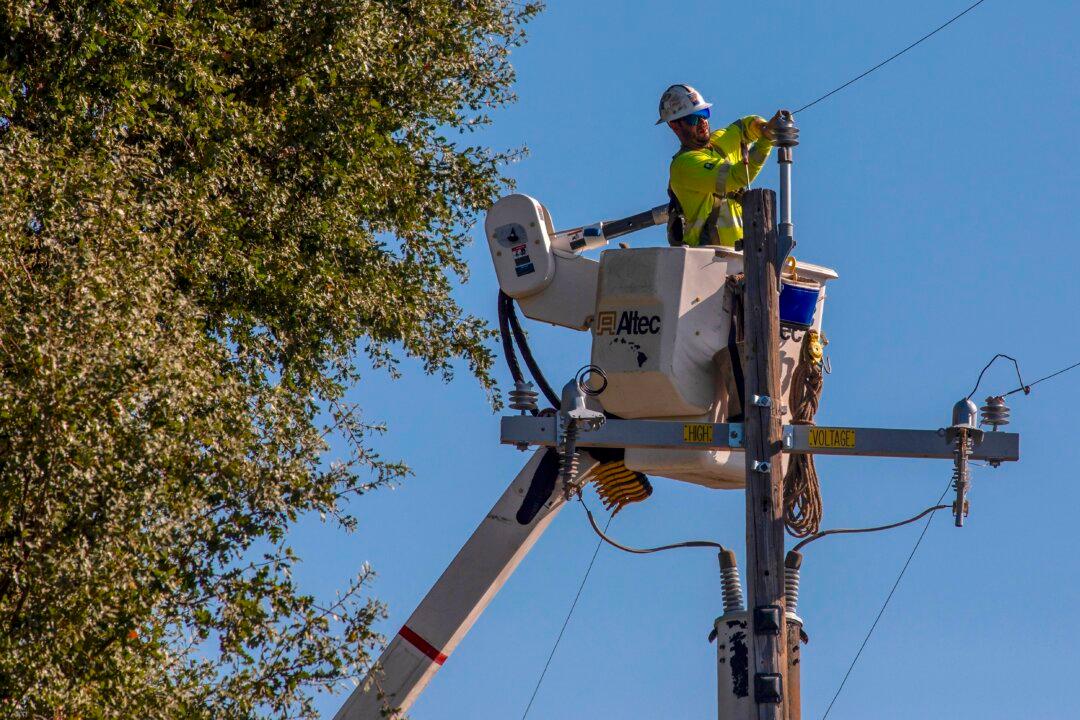Republican state senators have asked California Gov. Gavin Newsom for his assistance in changing a law requiring utility regulators to charge customers based on income, in what critics are calling a “hard work utility tax.”
“We need to drive down the cost of energy in California and keep people here. That’s our goal,” state Sen. Brian Dahle, a Republican, one of eight senators who signed a letter on Nov. 27 to the governor on the issue, told The Epoch Times. “With this, the harder you work, the more you pay.”





